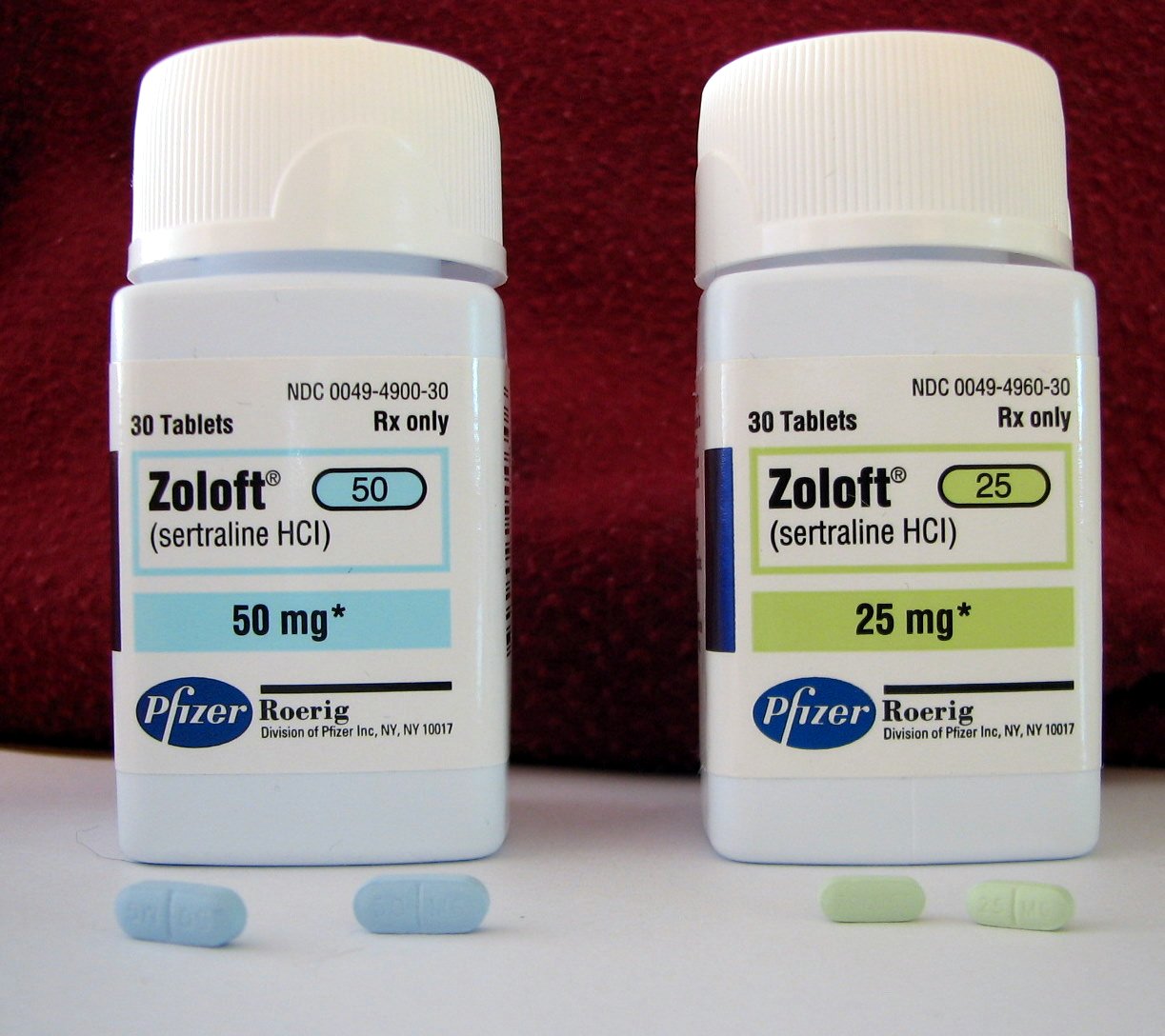There's an Interesting New Study About Antidepressants and Autism

By:
A new study published in the Journal of the American Medical Association Pediatrics suggests that women who take antidepressants during pregnancy are more likely to have children with autism, a mental condition associated with problems communicating and socializing with others.
It's important to note that this study doesn't necessarily prove that there's a link between antidepressants and autism. And there is other research indicating that depression that is left untreated in pregnant women can result in underweight babies, who are more likely to wind up in neonatal intensive care, for example. There is also an increased risk of suicide.
RELATED: Marijuana Could Literally Replace These 5 Prescription Drugs
Researchers at the University of Montreal looked at data from more than 145,000 pregnancies registered in the Quebec Pregnancy Cohort and found that while the overall risk of autism was low—less than 1 percent of the babies involved in the study had been diagnosed with autism by age 6—women who took antidepressants during the second and third trimesters of pregnancy were about 87 percent more likely to have children with autism than those who did not take the drugs.
"This risk is above and beyond the risk associated with maternal depression (maternal depression was associated with a 20 percent increased risk of autism in our study)," Dr. Anick Bérard, the lead author of the study, told ATTN:.
 Wikimedia - wikimedia.org
Wikimedia - wikimedia.org
"Given the mounting evidence showing increased risk of adverse pregnancy outcome with antidepressant use during pregnancy, our study shows that depression should be treated with other options (other than antidepressants) during this critical time period," Bérard added, noting that 80 to 85 percent of depressed pregnant women are "mildly to moderately depressed."
While the researchers emphasize that depression is a serious and debilitating condition that should not be ignored, they recommend pursuing alternative treatment options during pregnancy such as exercise and psychotherapy.
What are the limitations of this study?
Some experts have urged people to take this study with a grain of salt, emphasizing that other research has suggested that depression itself—rather than antidepressants—is associated with increased risk of having a child with autism. In short, not enough research has been done to reach a definitive conclusion.
"This study doesn't answer the question," Brayn King, program director of the autism center at Seattle Children's Hospital and a professor of psychiatry and behavioral sciences at the University of Washington, told NPR. "My biggest concern is that it will be over-interpreted,"
"The increased risk [of having a child with autism] was limited to a family of antidepressants known as selective serotonin reuptake inhibitors (SSRIs) that includes drugs such as Paxil, Prozac, Zoloft and Celexa," Scientific American reports. "SSRIs were linked to a more than doubled risk of autism."
 Wikimedia - wikimedia.org
Wikimedia - wikimedia.org
In the U.S., about 1.5 percent of children between the age of 3 and 17 have autism, according to the Center for Disease Control and Prevention's National Health Interview Survey.
RELATED: How Marijuana Use Affects Pregnancy
"Our study is not out to scare women," Bérard concluded. "It’s 2015 and women can make informed decisions, but they need to have evidence-based data. A discussion with their physician is warranted in order to fully consider all treatment options."
